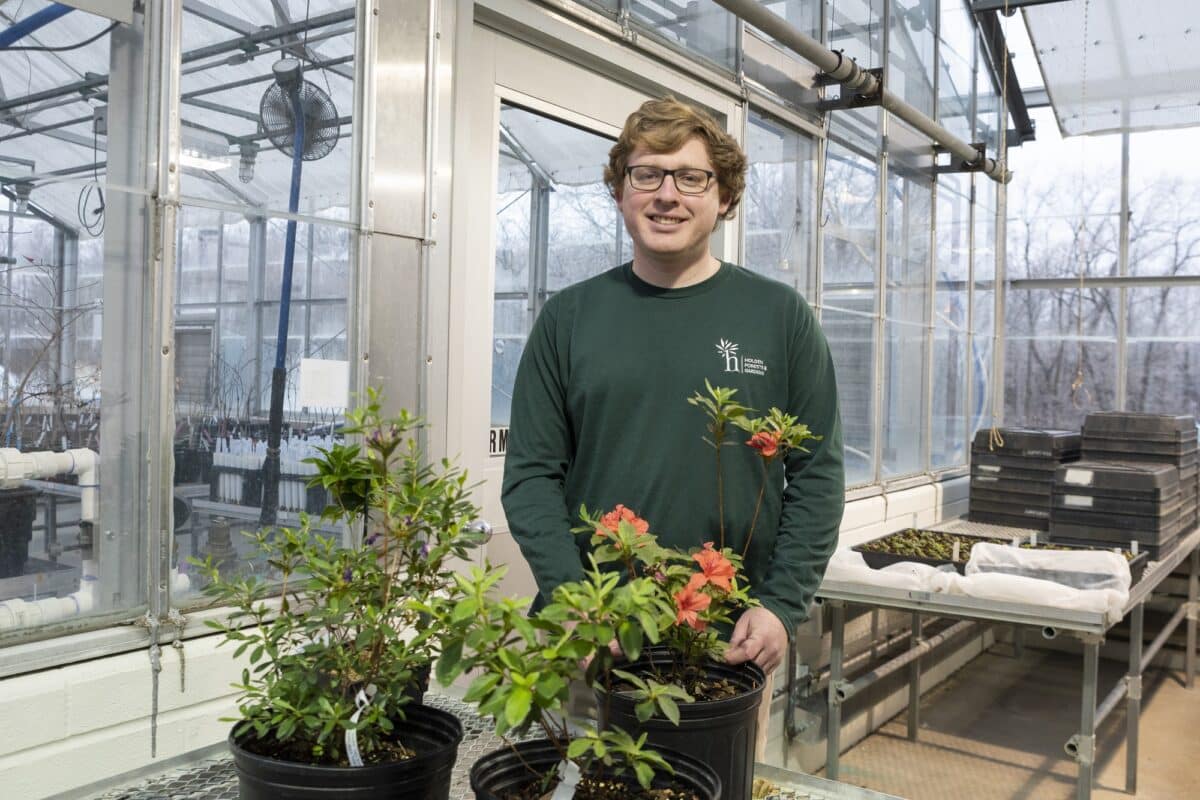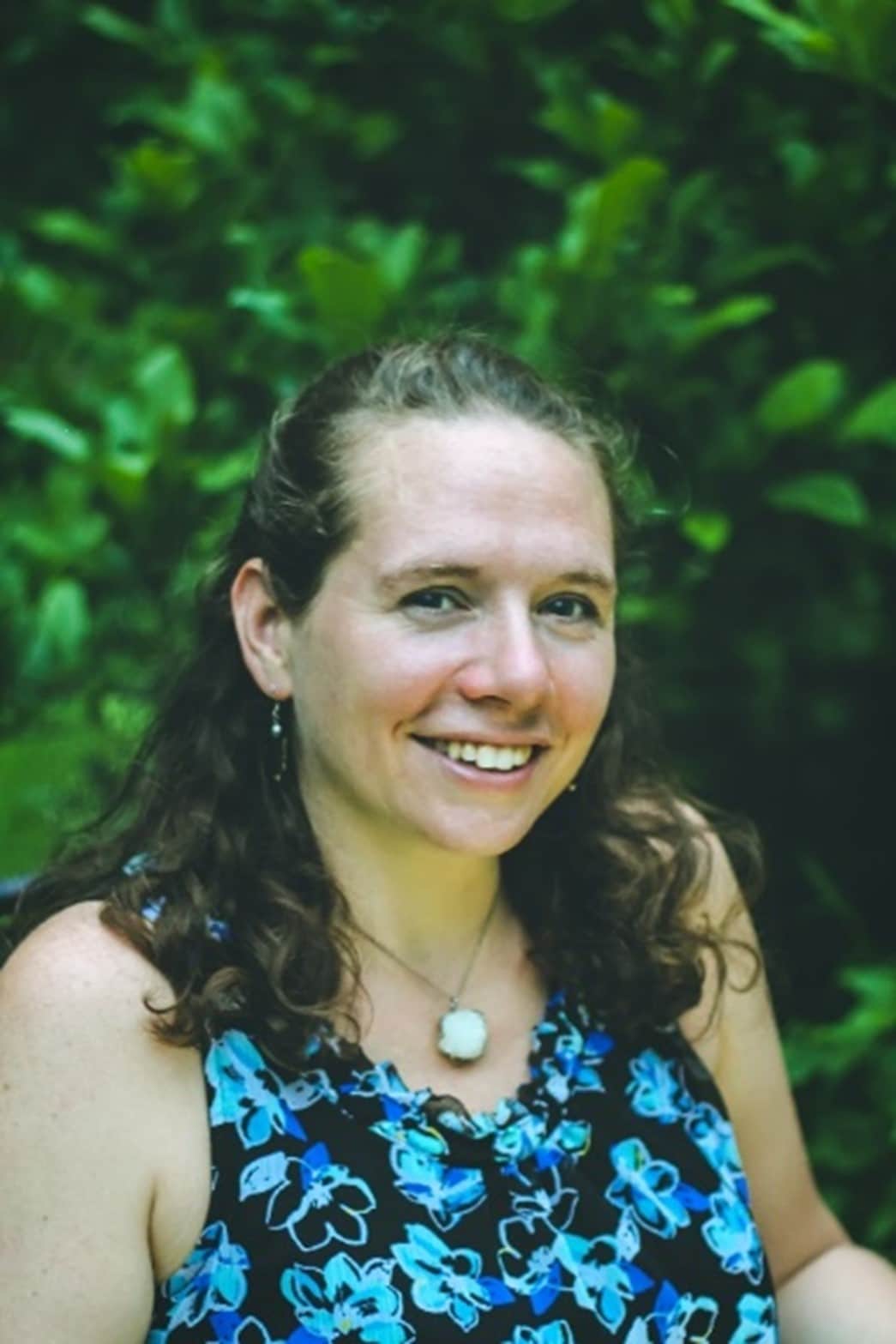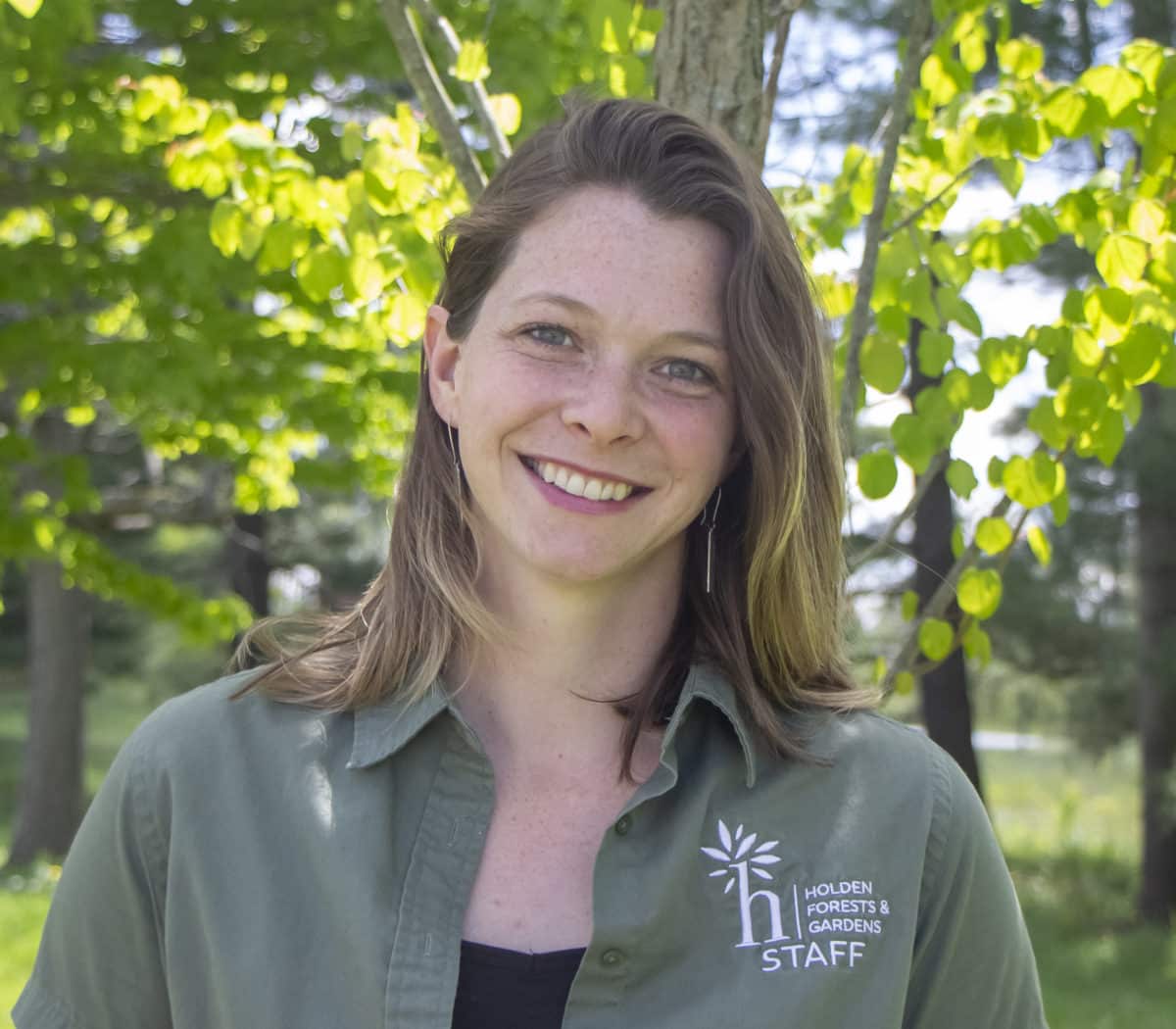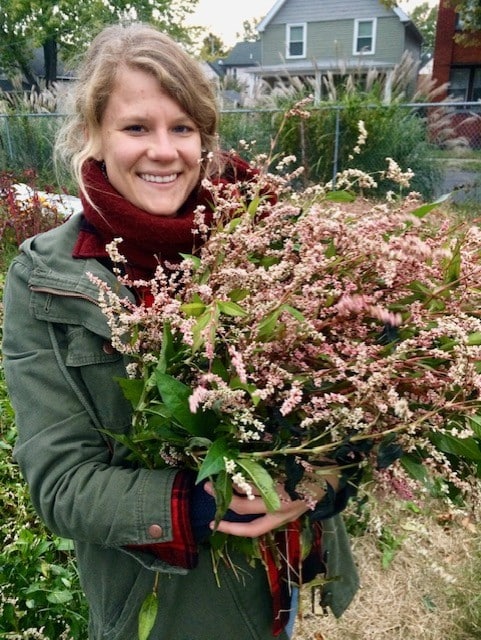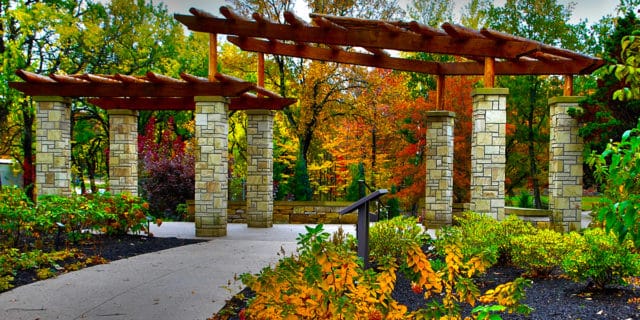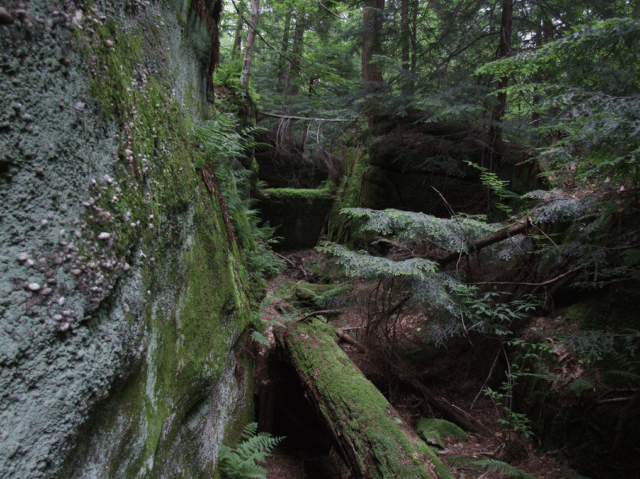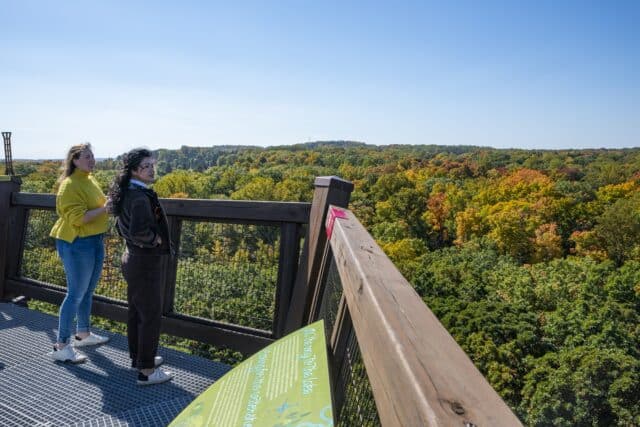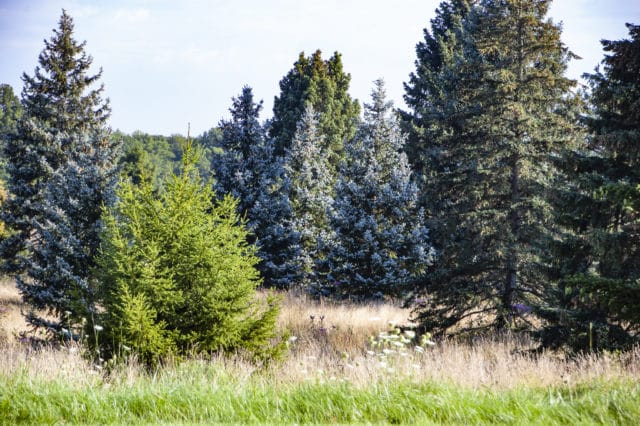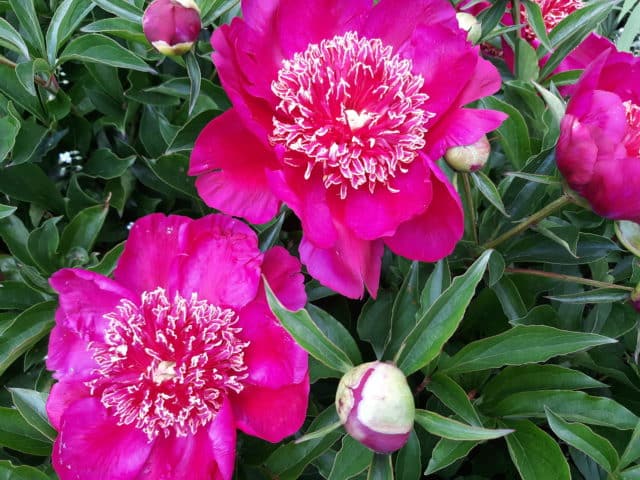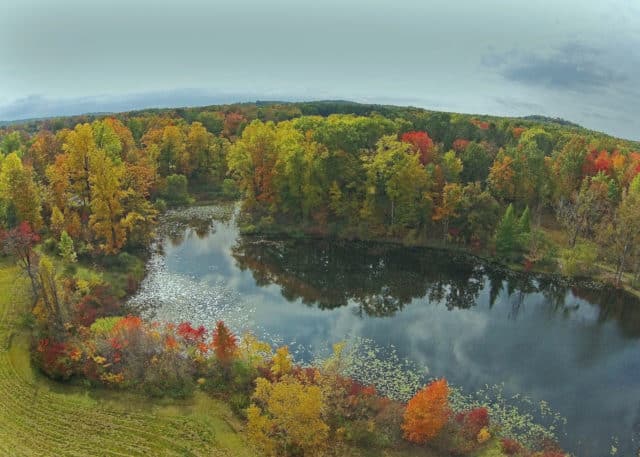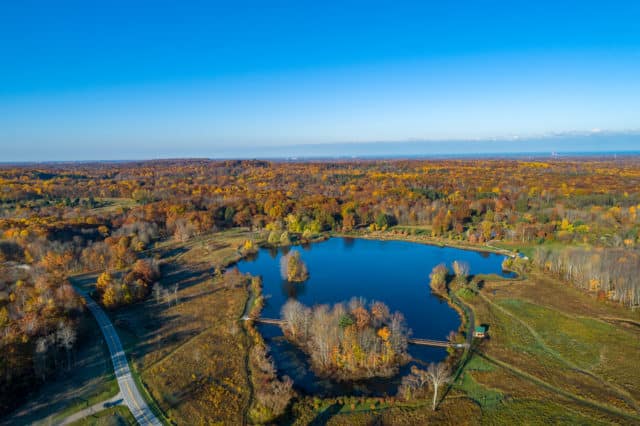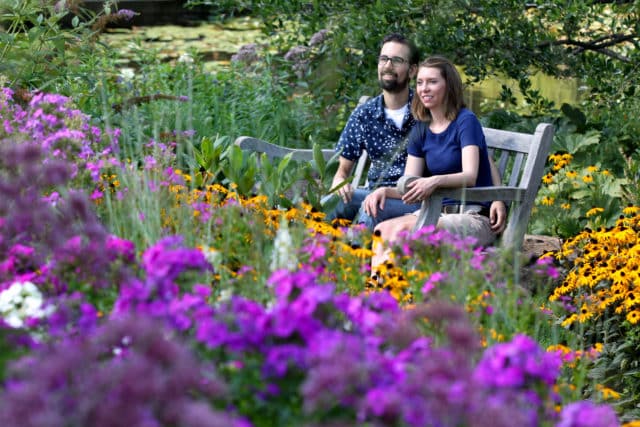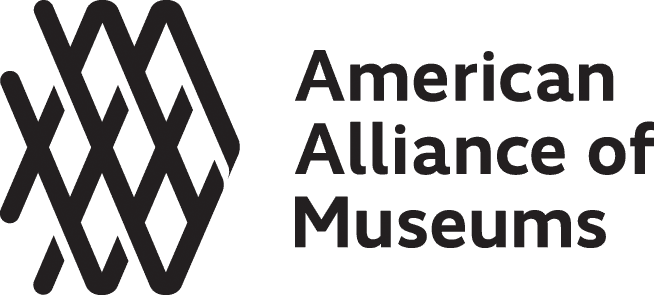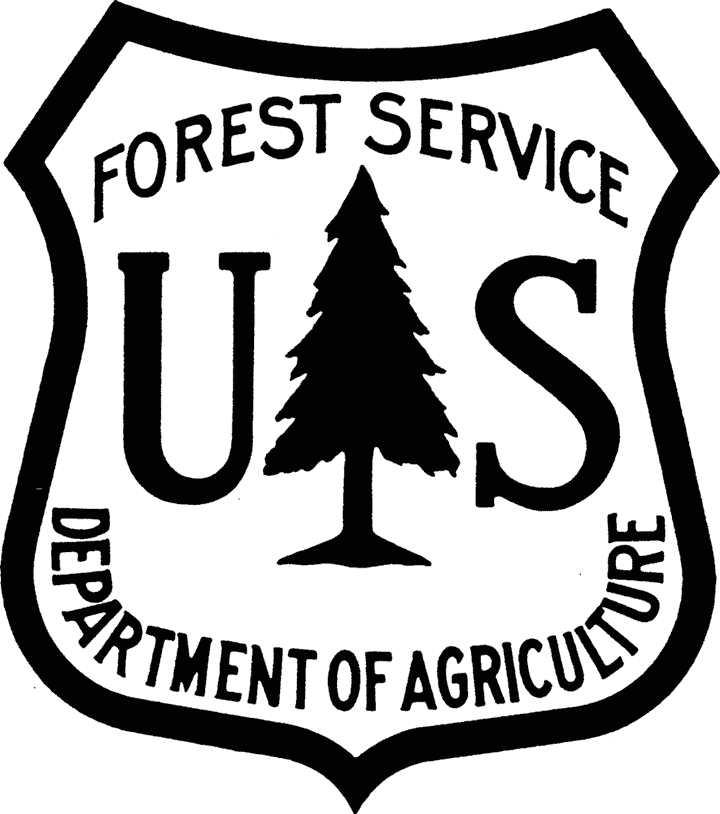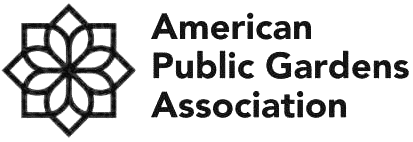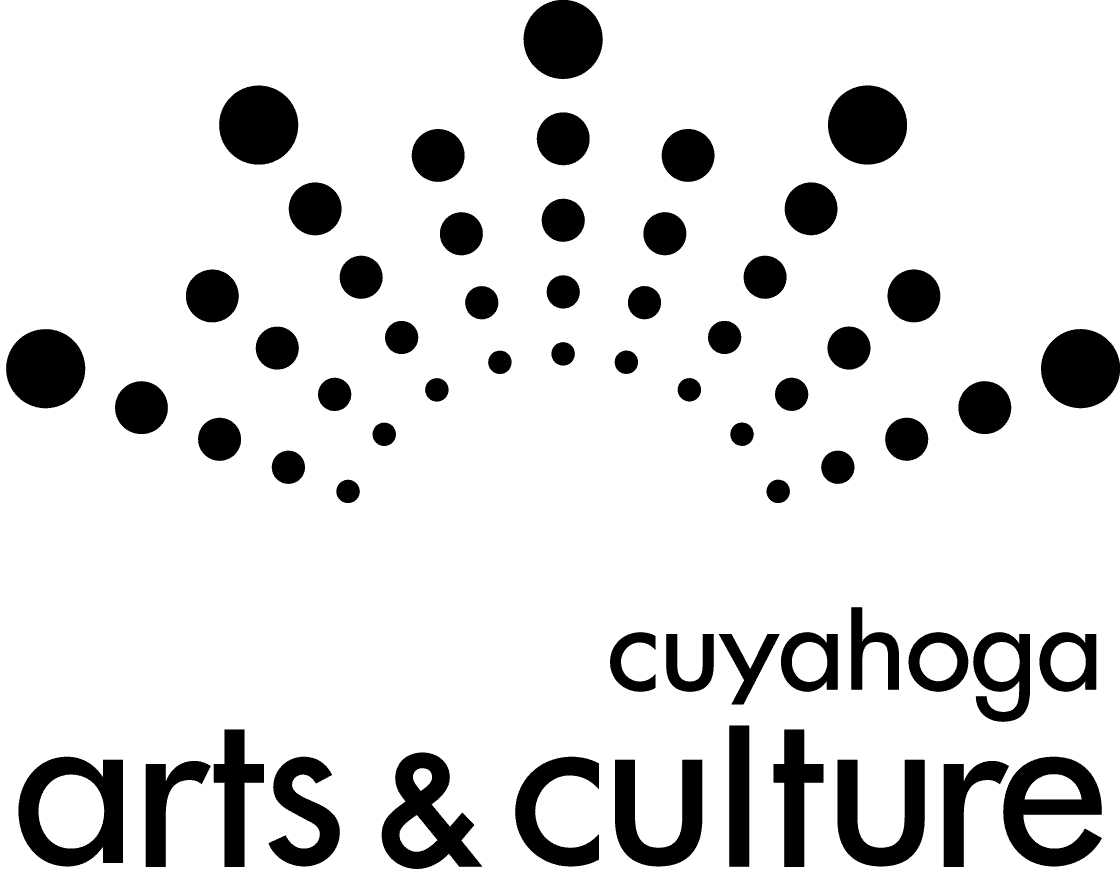Meet Our Scientists
Join us for unique new opportunities to meet and learn from Holden Arboretums' renowned scientists.

Array
(
[results] => Array
(
)
[total] => 0
[type] => event
[next] => Array
(
[text] =>
)
[summaries] => Array
(
[ticket_link] =>
[date_summary_text] =>
[date_summary] => Array
(
[is_sequential] => 1
[start_range] =>
[start_range_day] =>
[end_range] =>
[end_range_day] =>
[summary_text] =>
)
[is_cost_included] =>
[is_sold_out] =>
[is_save_the_date] =>
)
[has_additional] =>
)
Join us for unique new opportunities to meet and learn from Holden Arboretums’ renowned scientists. Nature-lovers of all ages can learn about our ground-breaking research and conservation efforts while discovering the labs and natural areas where this work is being done. Sign up for one, or them all!
This series is free and open to the public. Registration is highly encouraged.



